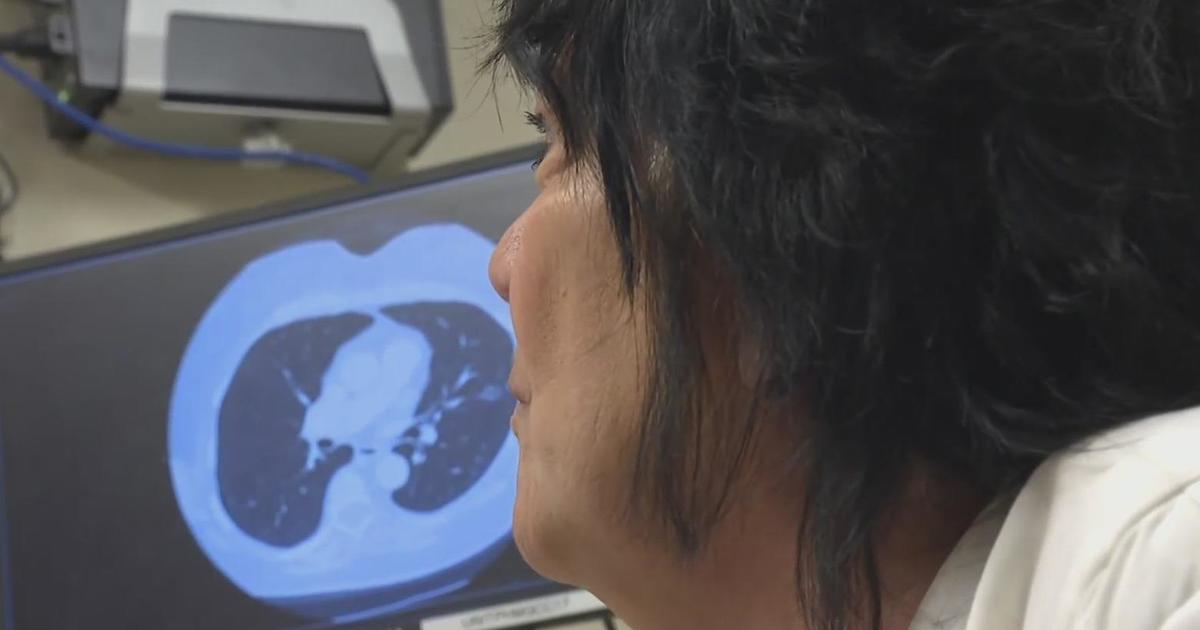Protecting Your Furry Friends With Pet Insurance
PITTSBURGH (KDKA) - It's not enough that Dr. Mike Hutchinson, of Animal General Hospital in Cranberry Township, works with animals all day. His family has a bunch of them on their Butler County farm.
As a result, Dr. Mike understands how attached his clients are to their pets.
"That animal-human bond is so tight right now that the loss of a pet is only second to the loss of a child. It has overtaken loss of a parent believe it or not," Dr. Hutchinson said.
That incredible bond may explain why more than a dozen companies now offer insurance for your pets. Hutchinson said it is a trend that has moved to the United States after enormous popularity overseas.
"In Europe, believe it or not, 40 percent of pet owners have pet insurance. In the United States, I heard less than 2 percent, and I believe that based on my practice," he said.
Consumer Reports says the national number hovers around 1 percent of pets that are covered by insurance.
Mandy Walker is a Senior Project Editor for Consumer Reports. She recently investigated pet insurance.
"Usually, insurers offer several different kinds of plans whether it is wellness or accident only or accident and illness. You can sometimes pick the amount they will cover each year," Walker said. "It might be a ceiling of how much they will cover or how much of a percentage they will cover after that."
Most people choose to buy pet insurance that would be similar to major medical for people. If you are involved in a car accident and you have a huge medical bill, you will be covered for those worst case scenarios. For your animals, the same thing is true.
That is why Dr. Hutchinson said more patients are asking about coverage these days.
The rising cost of advanced veterinarian care is another reason. For instance, here is what it could cost if your dog eats something he shouldn't.
"They have a bad obstruction and they have to have part of the intestine resected and then anastomosed back together. That could run up to $2,500 to $3,000 for eating a tennis ball," Dr. Hutchinson said.
As cases get more complicated, Dr. Hutchinson said potential treatment costs can sky-rocket.
"Talk about cancer, you can do radiation. You can do chemotherapy. Now, you can get into the $6,000 to $20,000 range, and pet insurances do cover that -- or at least the percentage covered by your plan," Dr. Hutchinson said.
Consumer Reports said there are about a dozen companies presently offering coverage for pets. They looked at several choices on the market today. Just like the coverage for your family, Walker explains there are many options depending on the level of care you want.
"It depends on your pet whether it is a purebred or not, and how old it is. They can start for cats, which are cheaper to insure, as little as $14 a month or so, but go up to $60, $70 or $80 dollars [a month] as your pet gets older or is more expensive to insure," Walker said.
As a general rule, pet insurance policies do not insure animals with pre-existing conditions. That means that if you want to insure your pet, you need to do it when the animal is very young and in perfect health.
Hutchinson said in many ways, buying pet insurance for an animal with an injury or illness would be just like trying to buy an auto policy after a crash.
"That would be like going out and getting in a car wreck and then going out and getting insurance the next day for that accident. That just doesn't happen, and they won't cover pre-existing conditions [for your pet]. But, if you get it when they are younger and they develop conditions with their hips, they will be covered under that policy," he said.
There is one notable difference between pet insurance and what we buy for ourselves and our family members. Most pet insurance policies do not involve deductibles because pet policies don't pay your vet. Payment for the medical treatment is your responsibility, and then you have to wait for re-imbursement.
Some companies are offering same day re-imbursement, but those policies tend to be more expensive.
So the big question is -- does it make sense to buy pet insurance for major health issues, or should you simply save the money you would have spent on premiums and put it in the bank?
"If you are good at having a full emergency fund and you won't touch it, you can leave that for your pet care costs, then you can probably skip insurance policies. If, on the other hand, you really want to pay every last penny you can to keep your pet well and healthy and alive as long as possible, then it might make sense to consider one," Walker said.
Dr. Hutchinson's advice? Think of pet insurance like you look at insurance for your car. He says skip those plans that offer to cover everything because they result in higher premiums.
"In my opinion, you don't need to pay for heartworm preventives or vaccines. That's the oil changes for your car -- things that if you are going to have a pet, responsible owners should already have that figured into their budget," he said.
Walker's research at Consumer Reports found the same thing.
"The bottom line is it can be worth it if your pet contracts some serious illness or has a serious accident," Walker said.
Join The Conversation On The KDKA Facebook Page
Stay Up To Date, Follow KDKA On Twitter



